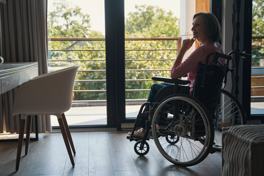
Time Limits for Holiday Compensation Claims
If you've been injured on holiday, the time limit for making a claim depends on factors such as where and how the accident happened, and whether it was a package deal or booked independently. UK tour operator claims usually have a 3-year limit, but cruises, flights, and non-package holidays may be shorter. Our expert team can advise on the specific deadlines that apply and help you take action before time runs out.

















